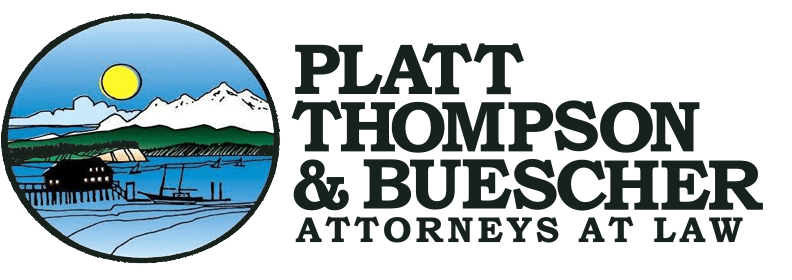In Navarette, the United States Supreme Court recently held that an anonymous informant’s tip that a certain truck “ran her off the road” was sufficient to provide reasonable suspicion of DUI to support a traffic stop. The opinion is problematic as it will have far reaching implications in terms of providing law enforcement with minimal justification to intrude on persons freedom of movement.
The anonymous caller in Navarette said she was ran off the roadway at mile marker 88 on Highway 1, by a Silver Ford 15o pickup with a license plate of 8-David-94925. About fifteen minutes later an officer found the truck and began to follow it. No bad driving was observed. Nevertheless, an officer pulled the truck over. The officers smelled marijuana in the truck and later searched it and found 30 pounds of marijuana.
The Navarette court concluded that the 911 call was sufficiently reliable to credit the allegation that the driver of the white truck “ran the caller off the roadway.” It reasoned the call bore adequate indicia of reliability because the the caller was able to describe a specific vehicle and its license plate numbe, and explained that the “driver’s claim that another vehicle ran her off the road… necessarily implies that the informant knows the other car was driven dangerously.”
That is, the fact the informant described the vehicle, its license plate, and claimed to have been run off the road necessarily meant that the informant claimed first hand knowledge. Therefore, the tipster essentially provided a basis of knowledge.
The court also concluded that the tipster could be deemed credible under the circumstances, and that the police were able to confirm the truck’s whereabouts soon after the tipster claimed to have been run off the road. Also, it was decided that under evidence law, excited utterances or present sense impressions are statements the are especially trustworthy and that the anonymous tip likewise was a spontaneous utterance or “present sense impression”.
This idea was expanded by the fact that the tipster made the report via a 911 call; this provided additional grounds to credit the tipster’s trustworthiness, because 911 calls are traced, a false reporter risks prosecution, and therefore a false tipster would think twice before giving unreliable information.
The court did not stop here, though. Although the tip was reliable in terms of a past event, i.e. running someone off the road, that did not necessarily mean that criminal activity was afoot or presently occurring or about to occur. Therefore, they faced the issue of whether the 911 caller’s report of being run off the roadway created reasonable suspicion of an ongoing crime such as drunk driving, as opposed to an isolated episode of past recklessness.
So it was held that the behavior alleged by the 911 caller viewed from the standpoint of an objectively reasonable officer provided reasonable suspicion of DUI and therefore the stop was proper. The court cited a National Highway Traffic Safety Administration Manual and reasoned that the driving behavior provided a strong correlation with drunk driving, and further reasoned that the absence of additional suspicious conduct after the vehicle was spotted did not dispel reasonable suspicion of drunk driving. It claimed that a drunk driver would driver more careful when in the presence of a cop car.
Ultimately, the decision essentially provides that a one time, isolated episode of careless driving, will permit a traffic stop for DUI about fifteen minutes later – notwithstanding the officer observing no bad driving after following the vehicle for about five minutes, and regardless of whether the information is provided by an anonymous, unknown tipster. The implications of this opinion are far reaching.
In Part Two we will consider Justice Scalia’s position in the dissent, and further criticize the majority.
Call Platt & Buescher attorneys at law today at (360) 678-6777 to discuss your DUI.

